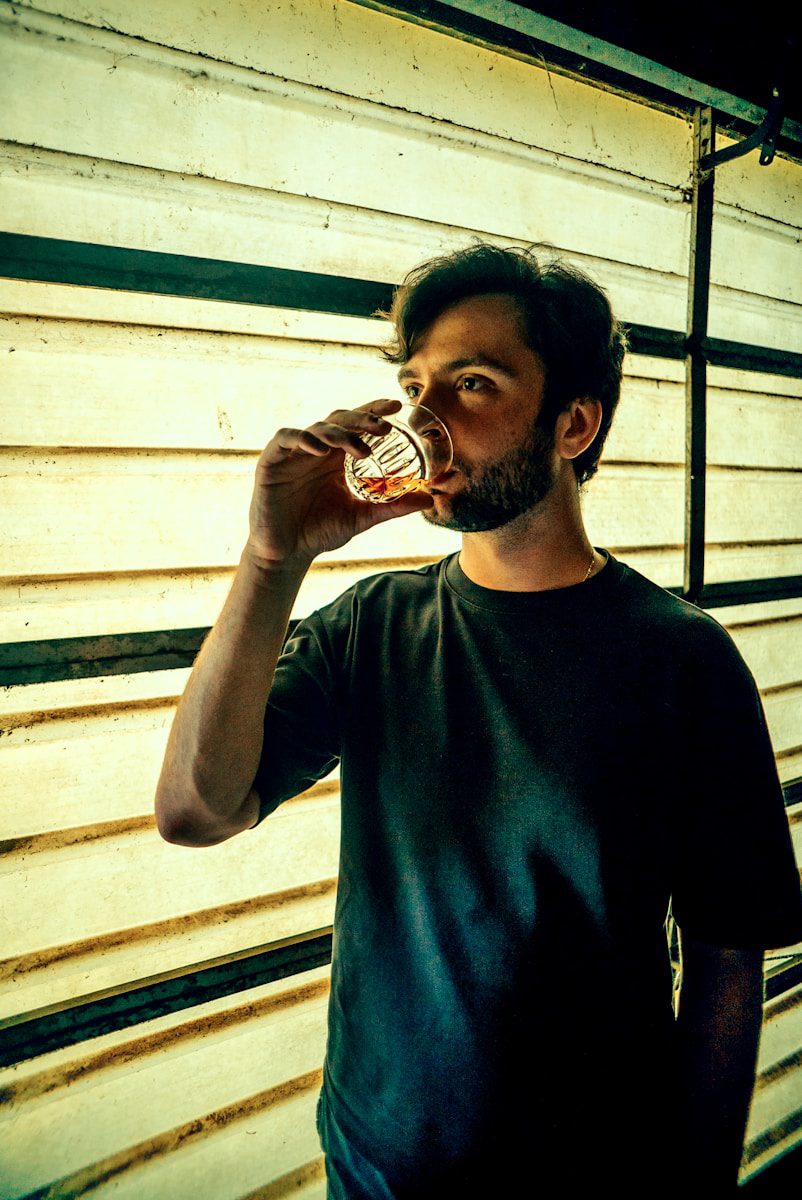Addiction is a formidable opponent, capable of wreaking havoc on every aspect of a person’s life. Whether it’s drugs, alcohol, or any other substance, the grip of addiction can feel suffocating, leaving individuals feeling trapped and hopeless. But amidst the darkness, there is hope. With the right guidance and support, overcoming addiction is possible. In this article, we’ll explore a roadmap to substance abuse treatment, guiding individuals toward a path of recovery, healing, and renewal.
Acknowledging the Problem
The first step in overcoming addiction is acknowledging that there’s a problem. This can be one of the most challenging steps, as denial often plays a significant role in addiction. However, it’s essential to confront the reality of the situation and recognize the harmful impact that substance abuse is having on your life and the lives of those around you.
Seeking Help
Once you’ve acknowledged the problem, the next step is to seek help. This can take many forms, from reaching out to a trusted friend or family member to contacting a professional substance abuse counselor or treatment center. Don’t be afraid to ask for help – it’s a sign of strength, not weakness. There are many resources available to support you on your journey to recovery.
Assessment and Evaluation
After reaching out for help, you’ll likely undergo an assessment and evaluation process to determine the most appropriate course of treatment. This may involve meeting with a counselor or therapist to discuss your history of substance abuse, mental health, and any other relevant factors. The goal is to develop a comprehensive understanding of your unique needs and challenges to tailor a treatment plan that’s right for you.
Treatment Planning
Once the assessment is complete, you and your treatment team will work together to develop a personalized treatment plan. This plan may include a combination of individual therapy, group therapy, medication-assisted treatment, support groups, and other interventions designed to address your specific needs and goals. The goal is to provide you with the tools and support you need to overcome addiction and build a healthier, more fulfilling life.
Treatment Implementation
With your treatment plan in place, it’s time to begin the process of healing and recovery. This may involve attending therapy sessions, participating in support groups, taking prescribed medications, and making lifestyle changes to support your sobriety. It’s essential to stay committed to your treatment plan and remain open to the guidance and support of your treatment team and peers.
Ongoing Support and Aftercare
Recovery from addiction is not a one-time event – it’s a lifelong journey. Even after completing a formal treatment program, it’s essential to continue receiving support and care to maintain your sobriety and prevent relapse. This may involve ongoing therapy, participation in support groups, and engaging in healthy activities that promote your well-being. Remember, you’re not alone – there are many people and resources available to support you on your journey to recovery.
Conclusion
Overcoming addiction is a challenging journey, but it’s a journey worth taking. With the right support, guidance, and determination, you can break free from the grip of addiction and build a brighter, more hopeful future. If you or someone you know is struggling with substance abuse, Through our dedicated services in Raleigh, NC, don’t hesitate to reach out for help. There is hope, and recovery is possible.
Contact us today at Wake Counseling to take the first step toward a life free from addiction. Our team of experienced counselors and therapists is here to provide the support, guidance, and resources you need to overcome addiction and reclaim your life. Don’t wait any longer – reach out today and start your journey to recovery.


